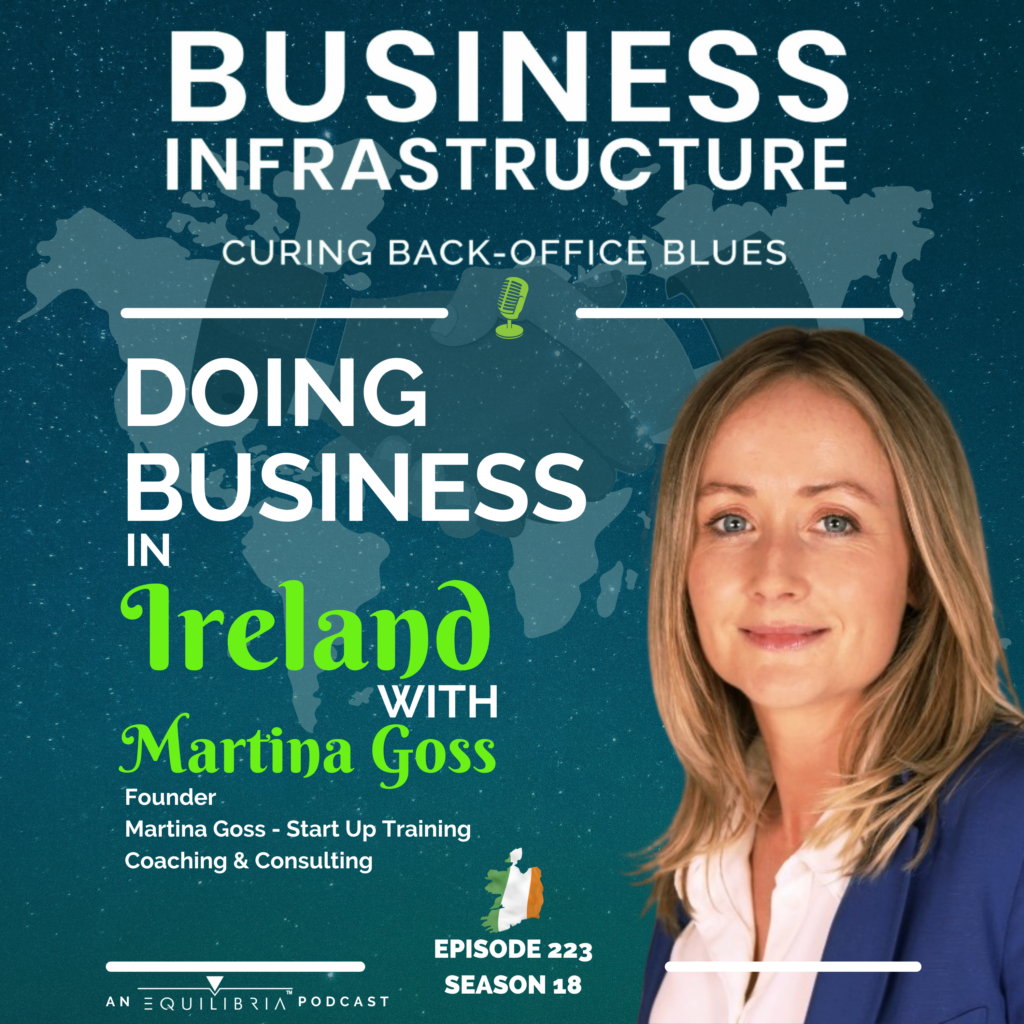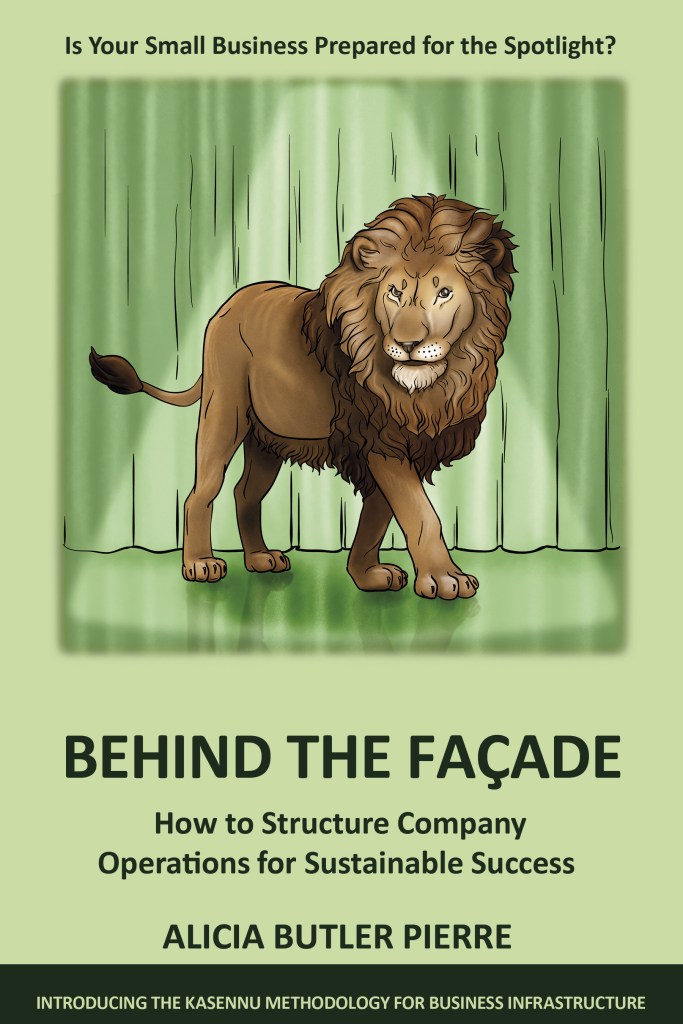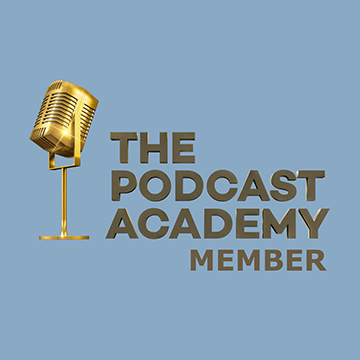Transcript
Imagine we’re in the airport in Abuja, Nigeria. We just met with Mujahid Usman who shared all kinds of useful information for tapping into their labor market to scale our back-office operations. Now, we’re mentally preparing ourselves for the 10-hour flight north into Europe – Ireland to be exact.
I’m Alicia Butler Pierre and this is Season 18 of the Business Infrastructure podcast – the show where we share operational tips, tactics, and tools for curing back-office blues. For many of us when we think of Ireland, the color green comes to mind. Your first memory of Ireland may also be of St. Patrick – the patron saint of Ireland whose honored every year with a holiday in many parts of the world.
We’re now aboard Equilibria Airlines. We occasionally stretch as we eagerly anticipate our second stop on our 12-country tour.

This episode is underwritten by Equilibria, Inc. the company behind this podcast where we design scale-ready business infrastructure for fast-growing small businesses.
Our plane is now making its initial descent into Dublin, the capital and largest city of Ireland, but this isn’t our final destination. It’s actually in another town. As we walk through the spacious airport toward baggage claim, we notice a friendly blond woman holding up a sign with our names on it – it’s Martina Goss and she’s arranged for a driver to whisk us off for a one-hour drive to the location where our interview will take place. Once there, we setup the microphone and recorder for what’s sure to be an enlightening conversation!
This is Episode 223 – Doing Business in Ireland with Martina Goss
It’s lovely to be talking to you and your listeners today. My name is Martina Goss. I am from Ireland and I’m here in Ireland today. I’m speaking to you from a startup hub here in my local town. It’s called Dundalk and it’s one hour away from Dublin, our nearest city in the Republic of Ireland. And it’s also one hour away from our closest city in Northern Ireland, that being Belfast. So, we’re in a great location for people who have access to, Ireland’s two largest cities, you know, both in the north and the south.
Martina is the owner of Martina Goss Consulting and she’s a certified Lean Startup coach, so it’s fitting that she’d ask us to join her at this startup hub. Interestingly, her career didn’t start in coaching or training. Martina is actually a former accountant.

Yes. It’s not the usual path I suppose an accountant would take. I started my career in finance many years ago. I qualified as a chartered accountant here in Ireland. So, I spent the early stages of my career preparing financial statements. I was working in accounting practices by the way. So, I was preparing financial statements and auditing the books of business owners in the SME sector and spent a number of years in audit before moving out into what we call industry whereby I became an accountant for a firm, a small to medium firms in a wide range of industries, you know, transport, construction, tourism. So basically, I was running the finance department for these companies in the SME sector.
And for 17 years things were moving along nicely for Martina. But then something happened in 2015 – a “pivotal moment” as she describes it.
I had gone back to chartered accountant Ireland to do an additional of diploma with them, but it was during this diploma that, we had a module that was delivered by an executive psychologist.
The mission was to learn how to communicate more effectively with non-finance people.
And this was a real eye-opening moment for me, because up to this point, the kind of traditionally think we’re stuck with our computers. Number conscious. All we think about is numbers, numbers, numbers, but during this moment I really realized, a business is just not, the numbers but to get those numbers, you need people, and you need to be to communicate with your team.
As Martina recounted this moment, I could tell this epiphany sparked a career change. Rather than focusing on numbers, she shifted her focus on people – specifically, the people behind the businesses she worked with.
You need to understand that not everybody works the same way as you, not everybody thinks in numbers. Throughout my career, I had actually, seen small business owners make unintentional errors in their business by not having maybe the right processes or not recording their data correctly. And I made a conscious decision that I wanted to go back to work with very early-stage startup, you know, ideas. So really going back to the heart of the business, to the seed of an idea, because I felt that if I could go back and help them, when they’re just starting out, they could make better business decisions going forward.

Up to this point, Martina had always worked with established businesses. Switching to startups was new territory. But she was up to the challenge.
I managed an entrepreneur development program here in Ireland that’s funded by one of our large government agencies, Enterprise Ireland. And that program was to assist early-stage innovative startups.
It was during this period I had, I suppose my next realization that it’s not just finance and people, but you need a business model that works. You need customers, you need paying customers. And with that in mind, I retrained, reskilled with Ash Maurya, founder of LEANSTACK in America, and also, he’s the creator of the Lean Canvas.
So, Martina took the necessary steps to obtain her Lean Startup certification. By now it was 2018, three years after taking that class taught by the psychologist. She officially started her own business providing training, consulting, and coaching services to small businesses. I was curious to learn more about LEANSTACK. Do they offer an
international certification?
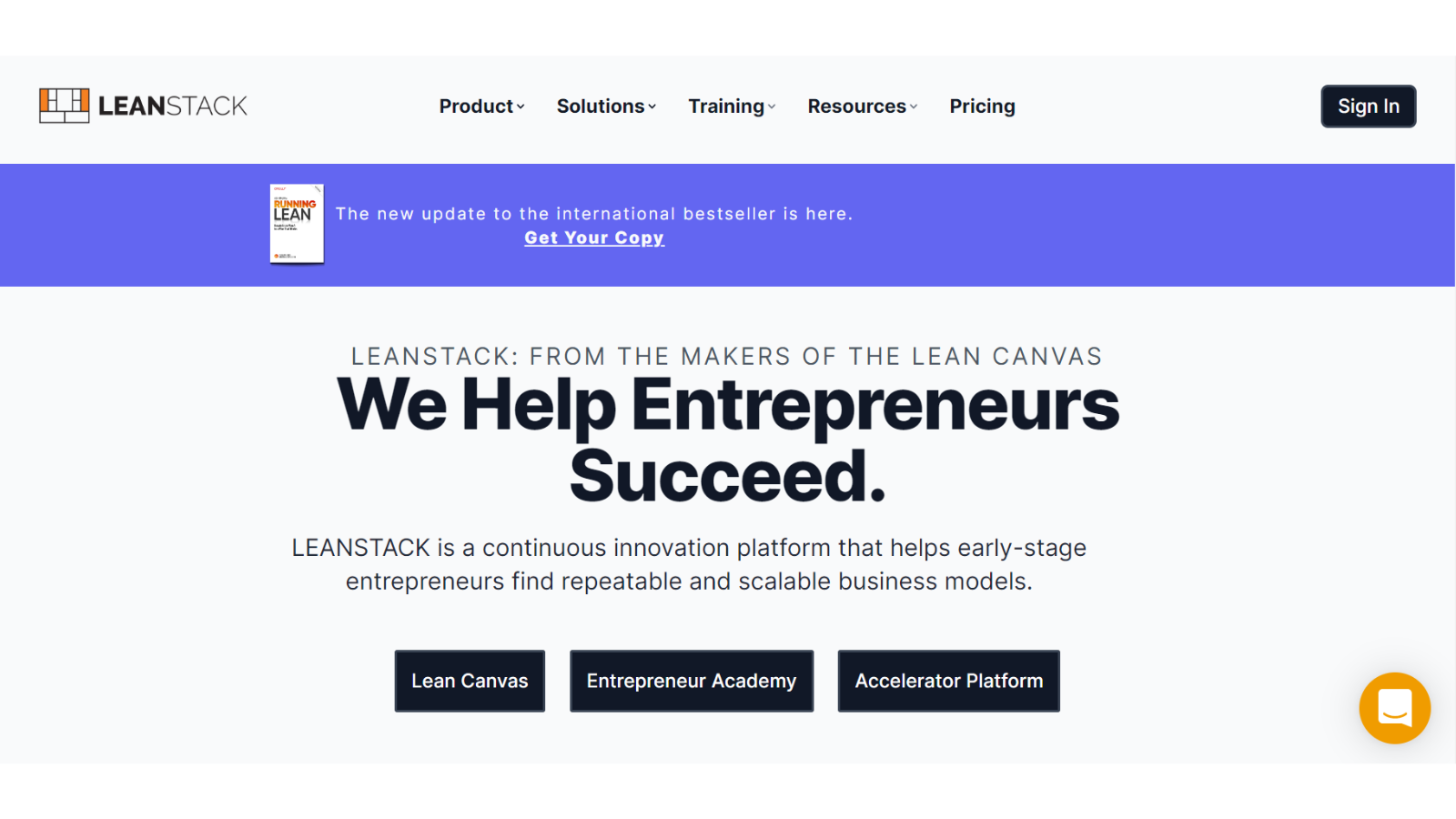
Yes, there’s coaches worldwide in I think every probably continent in the world now has, a LEANSTACK Certified Startup Coach. So, it’s a worldwide operation really.
In fact, Martina has worked with clients in Europe, Africa, North America, and Asia. When she and I first met I remember asking her, “What is it about Ireland that makes it so attractive as the European headquarters for many non-Irish businesses, especially tech companies?” She has a hunch, why…
We are home to, I suppose, some of the largest global names in tech here in Ireland, like the European headquarters, maybe eBay, Google, and Microsoft, an awful lot of them are based here in Ireland. If you can picture us, we are a small enough nation, but we are in Europe. Now that the UK has, has left the European Union. We are one of the only English speaking, countries in the European Union, but Ireland in itself obviously our tax rates was more favorable for some of these, larger companies, but also, they had access to the talent as well because…
As Martina explains, setting up shop in Ireland is more than just accessing a largely educated population.
It was our location as well as an open door into the whole European market. I suppose in, in an interesting twist on that as well out of, the 278,000 businesses that are registered in Ireland, 99.8% of them are SMEs. These large companies only account for a very small proportion of our overall, business economy, but of course they do contribute substantially to our economy, but on a different scale as well. The SME sector is the heart and the blood of our economy as well.
So, being that you have a front row seat to what’s going on, particularly in the startup community, can you explain what is it like to do business in Ireland?
Overall, we are a very entrepreneurial nation. Obviously, we probably have some challenges, presently as with the world has gone through COVID. We had some additional aspects of Brexit when England left the European market. But on an overall scale, we are an entrepreneurial country. We’re going through a bit of an energy crisis as well, which is really hitting hard our SME sector, but to grow, to start a business here in Ireland, there’s a huge amount of support every one of our counties around the country will have a support, a government funded support hub for you on your startup, should you wish to move here.
If you’re intrigued so far, but aren’t necessarily ready to move to Ireland, then you can certainly form partnerships or strategic alliances with Irish-based companies. Coming up after the break, Martina will share exactly how you can do that as well as some resources to expand your business operations to the European market.
Is your business growing faster than you can keep up with? Do you need to grow your team but aren’t sure where to start let alone who to hire first? And what about processes? Do you have any of them documented so that people know what work to do and how to do it?

If you own a fast-growing small business and want a company that can consistently operate without your daily presence, then the Smooth Operator course is for you. It’s an online introductory course on business infrastructure that can provide you with proven tools, tactics, and techniques to calm the chaos and restore order. Go to SmoothOperator.courses to learn more. That’s SmoothOperator.courses.
It’s 2022 and we’re in Dundalk, Ireland – a smaller, but powerful nation that’s part of the European Union which gives it a significant edge when it comes to business, especially trade. Martina Goss, a certified Lean Startup coach whose plugged into the small business community, is our guide for sharing the possibilities of doing business in Ireland. Here’s Martina…
A key part about the Irish economy and Irish startups here in the Republic of Ireland, we are a nation of 5 million people, Alicia. So, one thing that’s on a startup’s mind is export access to a wider market.
So exporting is top of the agenda for a startup here they are always looking to American markets, to European markets.
This is key because in a way, Martina is describing Ireland as a sort of gateway to the European market.
And when you think about it, you know, based on our let’s call it our strategic location, even though we are only 5 million, Alicia, we are a member of the EU and there is 447 million people in the EU. And the European market there is like access to 746 million people.
So, for any business looking to do business in Ireland, or with the rest of Europe, its huge numbers, of access to people and businesses. So, from the get-go is startup is always looking for those partnerships, always thinking about exporting, but in the same breadth, as well, Alicia, I think if you are setting up a business, it depends on your ambition for that company. Some people want to be unicorns, others want to grow a nice successful business here in the local market, but partnerships are always top of the agenda.
Now it makes sense why Ireland is an attractive hub for tech companies or any company for that matter with mostly digital operations.
We see a lot of growing markets everywhere. We’ve seen so many businesses here with the rise of veganism. Every university here has researchers within those universities. So, it’s a real, drive towards like, pharma or med tech especially with COVID.

So, no matter what kind of industry, you know, if you are, whatever your industry, COVID has rapidly escalated the need to digitize your services. And in addition to that sustainability. There are companies trying to step forward to solve the energy crisis as well. So, I think all industries are really starting to change, you know, from digitization, no matter what industry you’re in and the rise of sustainability and creating, new businesses for energy efficiency, but definitely, definitely changes across all sectors, Alicia. I have seen it, you know, there’s ideas pop up everywhere.
Which is why I can only imagine that an area that’s not only lush with greenery but with ideas also is fertile ground for Martina’s business.
Yeah, when we think about people, tech and processes, normally the people that are coming to me are the people that have the technology. So, I work with the process and the people aspect.
Process and people – these are two of the three main elements of business infrastructure, the third being tools or technology. Combined, these elements form a foundation for sustainable, repeatable and profitable scale. I probed a little more. I wanted to know how Martina leverages business infrastructure when working with her clients specifically.
So, if you can imagine, you’ve got a new idea. You fall in love with the idea. You think it’s brilliant, there’s 101 things that you feel you have to do. So, I work with them to try and bring a structure and a process to the whole area of validating their idea. So, using the principles of Lean Startup, we start with working and trying to help them create their business model.
From the outset, what problem are you solving? And also considering the financial aspects of their business model and trying to get them to prove in a very lean way should they pursue this idea.
After idea validation comes processes.
So, I can also assist them to get their financial processes in order. So, it’s really validation of their idea, building out their business model, considering the financial aspects, and trying to really build that business planning and build the business case for their idea.
Cycling through the process Martina just described can take several months depending on whether an idea is deemed worth pursuing. If it is, then she and her clients factor in time to speak with customers, document key processes, and other things required for solution design. But what about the tools element of business infrastructure?
I suppose one thought about that is you’ve got to use what works best for you. You know, some people are very computer based. Some people like their notebooks and their paper, but some of the tools for starting out with that early-stage idea is getting them to try and document what their business model is. So, a Lean Canvas is what we call a one-page business planning tool. You start to write down your problem, what problem you’re solving for your customers, your customer segments, thinking about your unique value proposition, your cost structure for your business, your revenue.
The beauty of a Lean Canvas is its concise format. But don’t be fooled, it’s not always that easy to summarize your ideas onto one page.
If you think about any new business, when you’re creating a new business, you want to create something that’s desirable that your customers want. Something that is also viable from a financial aspect as well, and something that is feasible, something that you can build.
Martina also uses a metrics modeling tool that’s available at LeanStack.com. Combined, the Lean Canvas and the metrics modeling tool offer insights into customer forces.
When you think about a problem that you’re trying to solve your customer, it’s really thinking about the reasons that customers buy off you. Okay. that’s what we would call the customer forces. So, we’ve got a lean tool for understanding, you know, what’s pulling or pushing your customers to buy from you. Every purchase probably has a logical reason, but also an emotional one. And then as you
move down further along the line, at some point you will be starting to document these ideas maybe for funding, et cetera, into a business plan, or even, getting your pitch deck ready as well.
Everybody works differently. Some people might be comfortable, you know, using a whiteboard. Some might want to use a computer, some might want to use paper, some might want to use Word, Excel, or Microsoft, or PowerPoint. I think the key thing is to have it documented somewhere, get it out of your head and, to use tools to help you move through the different stages of your startup.
Using these tools might sound rigorous, but it’s a part of due diligence. It’s better to find out sooner rather than later if your new business, product, or service idea is worth pursuing. In other words, don’t become too attached to your idea.
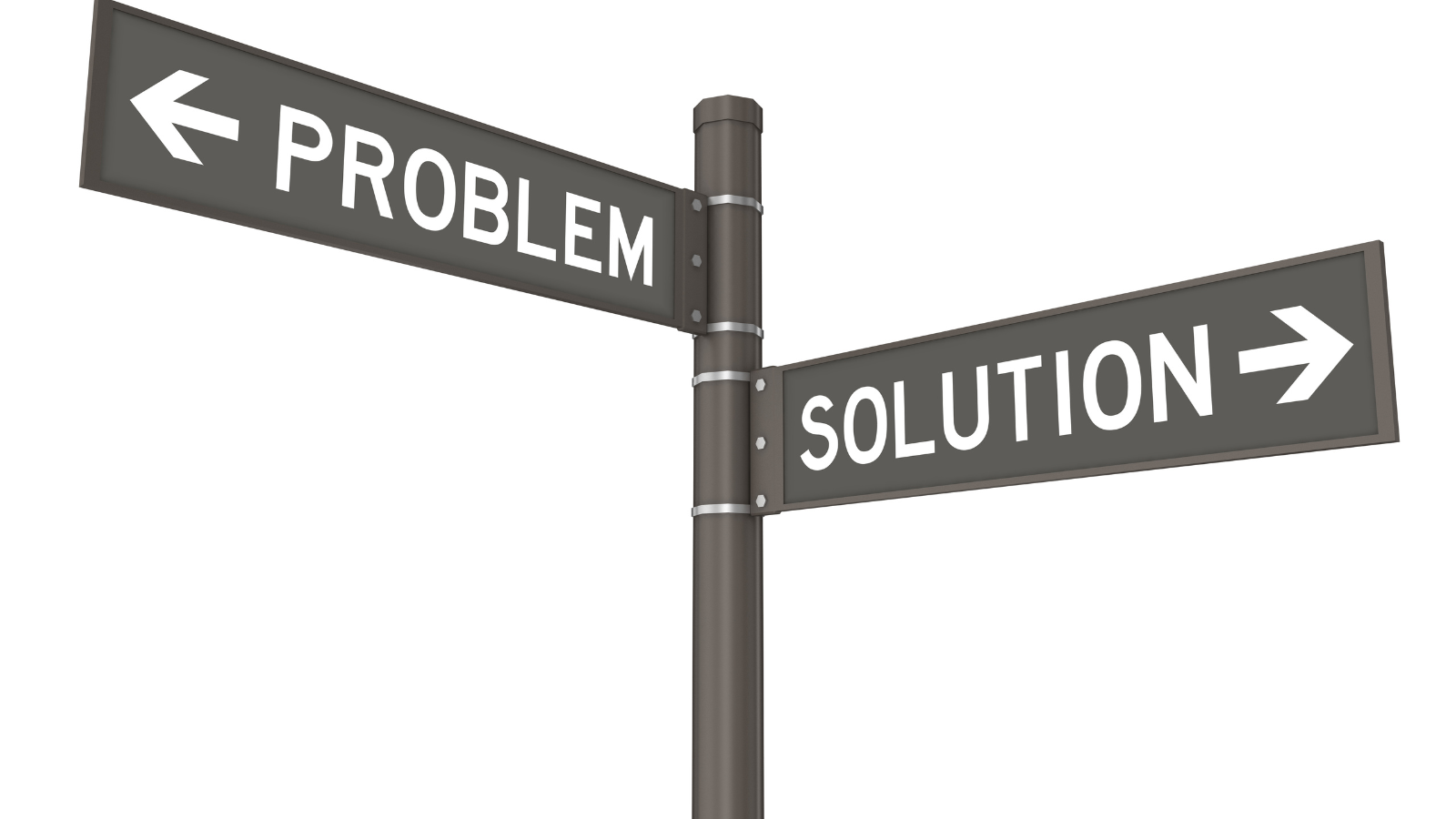
Yeah. Love the problem, not your solution. The worst thing you can do, Alicia, is run out to build this solution without validating it with the market, because you could be potentially wasting your time, your money, your energy, as we say, building something that nobody wants. Right?
That’s right.
So, it’s really important. And this is one thing that’s really important for me as well, because I know behind every startup is a human being that is trying to start this business either to create a better life for themself or their family or the next their children, there’s always a reason why people start new businesses. Obviously, they want to create a sustainable, viable business. But the last thing I would like to see is all these aspiring entrepreneurs and people pump thousands of their life savings into an idea, that they haven’t validated correctly. As you say, it’s due diligence, it’s just making some better business decisions at the outset so that you could hopefully succeed or choose to part the idea. Cause remember that can be a win as well.
Absolutely. And I hope that everyone listening will heed your advice. So, as we start to wrap up, let’s just imagine there’s someone who’s listening who may not be in Ireland and is thinking I would love to get into the import/export business. I would love to partner with a company in Ireland that wants to export a particular good. And I could be here in my country receiving that good and assisting with the distribution…
Do you have some resources that you can share, Martina, where people may be able to go and find
these kinds of businesses?
Yes. I can even send you a link of a number of businesses here in Ireland, Alicia. Even if you are in America, you know it could work both ways it could be an Irish company export into America, or you could be an American company, you know, looking to export into Ireland.
If you are thinking about export into Ireland or into Europe, do your research, understand our dynamics, you know, whether you want to sell, be B2C- business to customer, B2B business to business, over here. There’s 278,000 of them in Ireland alone. Most of them are SMEs, but we have large tech giants here in Ireland as well. If you’re thinking of exporting to them, there are some
obviously, business support agencies that I can send you links as well. There are American support agencies, that you can drop into and, and talk to them about exporting to Ireland or to Europe.
To clarify, what Martina is describing also works for non-American companies too. She’s just using me and my company as an example.
If you are an American thinking about starting a business here in Ireland, that could be possible as well. Obviously, you know, if you want to move, consider starting or moving a business so that you can access this European market. If you don’t of any Irish, let’s say descent or blood in you there is a, a special startup entrepreneur program that’s run and I will send you a link for that. You could potentially apply for that program or considering, I suppose that one in 10 Americans, Alicia, are of Irish descent, and maybe you could trace back your heritage to see, if there’s opportunities for Irish citizenship to come back here to start a business, there’s huge supports. And, or indeed, if you’re one of the Irish open to return to Ireland to start a business, there’s also supports for you there.
I know that was a lot of information, but don’t worry, we’ll share all the links that Martina will provide at BusinessInfrastructure.TV. As we prepare to wrap up this interview with Martina, I thought about a book that’s been especially helpful to me in international business. It’s called Kiss, Bow, or Shake Hands.
Yeah. On that. Alicia, I can tell you that we are “Shake Hands.”
Awesome. And now that we’ve gotten all of this other stuff out of the way, let’s go have some craic!
I love it. Let’s have the craic, Alicia!
Okay so I’ll let you in on an inside joke between me and Martina. When we first met, we shared our respective cultural expressions about having a good time with each other. I’m from Louisiana, a state in the U.S. colonized by France. So, a common saying is, “Laissez Les Bon Temps Rouler” which means “Let the good times roll.” Martina explained that the Irish say “craic” as a kind of catch-all term for fun and entertainment. But she was quick to explain that I should not confuse that with crack, the drug. And ever since, I’ve made it a point to tease her about
that.
But for what it’s worth, Martina and I have a good time whenever we get together, but we’re serious about our respective crafts. With that in mind, let’s thank Martina for sharing her insights on doing business in Ireland. Again, we’ll have links to all the resources she shared at BusinessInfrastructure.TV.
We’re now back at the airport in Dublin, ready to board Equilibria Airlines again and head to our next destination. Where exactly is that? Well, you’ll have to listen to the next episode to find out!

Thank you for tuning in! If you enjoyed this episode, then please subscribe and leave a five-star rating and review.
Starting, growing and scaling a business is no small feat but working with Martina Goss can save you from impending doom. Remember, we’re all here for you so stay focused and be encouraged. This entrepreneurial journey is a marathon and not a sprint.
This podcast was written, produced, and narrated by me, Alicia Butler Pierre. Audio editing by Olanrewaju Adeyemo. Original score and sound design by Sabor! Music Enterprises.
This is the Business Infrastructure – Curing Back-Office Blues podcast.


